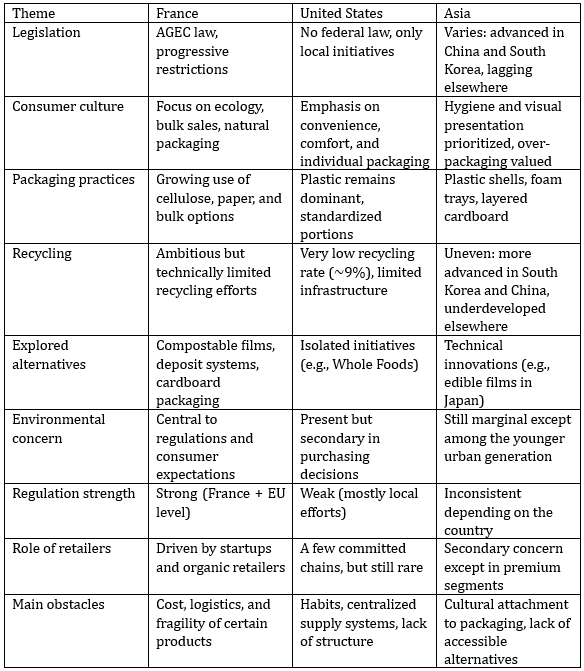


Lightweight, hygienic, protective, andinexpensive—plastic has long been considered an indispensable ally of theagri-food industry. In the fruit and vegetable sector, it is everywhere: aroundcherry tomatoes, under strawberries, in potato sacks, or fresh herb trays. Yetits omnipresence is increasingly questioned. With rising ecological concerns,stricter legislation, and more environmentally conscious consumers, plastic isunder fire. But can we truly do without it? Let’s explore three key challenges.
Plastic, derived from petroleum, has a highcarbon footprint. In the food industry, its recycling remains very limited dueto contamination, thin films, or complex materials. Most plastics areincinerated, landfilled, or turn into microplastics, polluting ecosystemspermanently.
Even recyclable plastics pose a challenge: the process is energy-intensive, andexisting infrastructures are often ill-equipped to handle them. Theenvironmental cost is real but still largely invisible to producers andconsumers.
Fortunately, some solutions are emerging.Bulk sales are making a comeback, helping significantly reduce waste. InFrance, many retailers are redesigning their produce sections to sellunpackaged fruits and vegetables, often with paper bags or reusable containers.However, bulk is not suitable for all items—fragile fruits or export goodsoften require sturdier packaging.
Innovative alternatives include compostable films made from cellulose orstarch, cardboard trays, and bio-based materials. Brands like Biocoop arepushing for a 100% plastic-free offering. Yet, these options are costly,bulkier, and require industrial composting conditions.
Transition isn’t driven by legislationalone—it’s also fueled by consumers, NGOs, and social media. Plastic has becomea reputational issue. Some retailers are taking the lead, communicatingcommitments, testing sustainable solutions, and promoting short supply chains.
For brands, packaging is now a marketing tool. Minimalist designs, recycledmaterials, and natural labels can signify quality and environmentalresponsibility. Still, many await clearer market signals or stricter lawsbefore deeply altering their practices.
